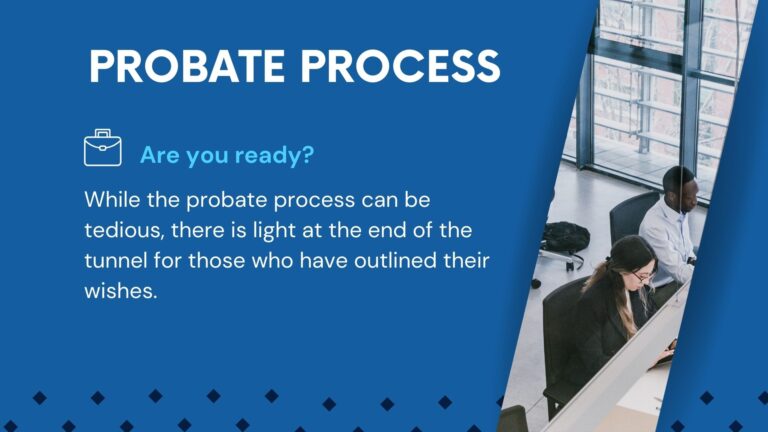
In Florida, the duration of the probate process varies significantly based on the estate's size and complexity, ranging from one month to 18 months or more. For very small estates, where the assets are less than the final expenses, you may opt for a “Disposition Without Administration.” This streamlined process only requires filing a form with the probate court.
When dealing with a deceased individual who resided in Florida or owned property there, the time required to resolve their financial and legal matters can vary widely based on the estate’s complexity. The critical first step is to file the will with the county probate court within 10 days of the decedent's death. This initiates the probate process.
During this challenging time, meeting deadlines and handling administrative tasks can be tough, but Florida law does allow some flexibility in deadlines throughout the probate process.
In Florida, there are two main probate procedures: Formal Administration and Summary Administration.
Another limited option is Disposition Without Administration, applicable when the estate’s assets are less than the final expenses and involves only filing a form with the probate court.
In most cases, a licensed attorney must administer the estate, with reasonable attorney fees outlined by Florida probate law.
To start formal administration, file the original will and initiate probate within 10 days of the death in the county where the decedent lived or owned property. The personal representative, usually a family member, must notify all parties named in the will and potential heirs.
The probate court will issue letters of administration to the personal representative within 1-4 weeks if no objections arise.
Once probate begins, creditors must be notified that the decedent has passed away and that an estate is being probated. The personal representative must also publish a notice in a local newspaper for two consecutive weeks. This notice should be published within 30 days, and proof of publication must be submitted to the court.
Creditors have three months from the notice’s publication date to file claims, while those not notified can claim against the estate for up to two years from the death date. The personal representative must compile and file a list of all creditors with the court.
While the probate process can be tedious, there is light at the end of the tunnel for those who have outlined their wishes. If you have a trust or will in Florida, your executor needs only to follow your wishes for a smooth probate process. If you don't have these documents in place, an executor will be appointed, and it may not be who you would choose. They will have to weed through assets and debts and make decisions that you may not agree with as well as handle any disputes that may arise between heirs.
Now is the time to get your documents in order. Give us a call when you're ready!
